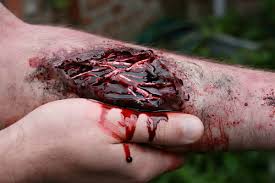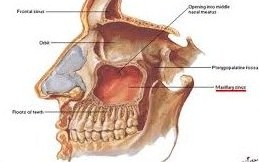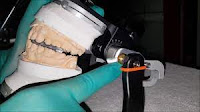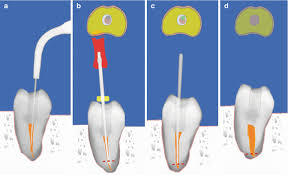Chapped lips: causes, treatment, and prevention methods
Chapped lips:
Chapped lips, also known as cheilitis, are a common condition that affects people of all ages. They are characterized by dry, cracked, and often painful lips.
Causes of chapped lips:
- Environmental factors:
Cold, dry air, wind, and sun exposure can all dry out the lips and lead to chapping.
- Licking your lips:
Although it may seem like it's helping to moisten them, licking your lips actually removes the protective oils from the skin and can make chapping worse.
- Dehydration:
Not drinking enough fluids can lead to dry skin, including chapped lips.
- Certain medications:
Some medications, such as diuretics and antihistamines, can cause dry mouth and lips as a side effect.
- Medical conditions:
Certain medical conditions, such as eczema and psoriasis, can also cause chapped lips.
Treatment for chapped lips:
-Moisturizers:
Use a lip balm or ointment that contains ingredients such as petrolatum, beeswax, or shea butter to help lock in moisture. Apply it liberally throughout the day, especially before going to bed.
-Humidifier:
Using a humidifier in your bedroom can add moisture to the air and help prevent chapping.
-Sunscreen:
Protect your lips from the sun's harmful rays by wearing a lip balm with SPF 30 or higher.
Avoid irritants: Stay away from products that contain alcohol, fragrance, or menthol, as these can irritate the lips.
-Drink plenty of fluids:
Make sure you're drinking enough water throughout the day to stay hydrated.
Prevention tips:
- Avoid licking your lips:
This is the most important thing you can do to prevent chapped lips.
- Protect your lips from the weather:
Wear a scarf or hat to protect your lips from cold, dry air and wind.
- Don't pick at your lips:
Picking at your lips can make chapping worse and can lead to infection.
- See a doctor if your lips are severely cracked or bleeding:
If your lips are severely cracked or bleeding, or if they don't improve with home treatment, see a doctor to rule out any underlying medical conditions.
Additional tips:
- Apply a lip scrub gently once or twice a week to remove dead skin cells and help your lips absorb moisturizer better.
- Try a honey mask. Honey has natural antibacterial properties and can help soothe chapped lips. Apply a thin layer of honey to your lips and leave it on for 15 minutes before rinsing it off.
- Eat a healthy diet that includes plenty of fruits, vegetables, and omega-3 fatty acids. These nutrients can help keep your skin healthy, including your lips.
By following these tips, you can prevent and treat chapped lips and keep your smile looking its best!






